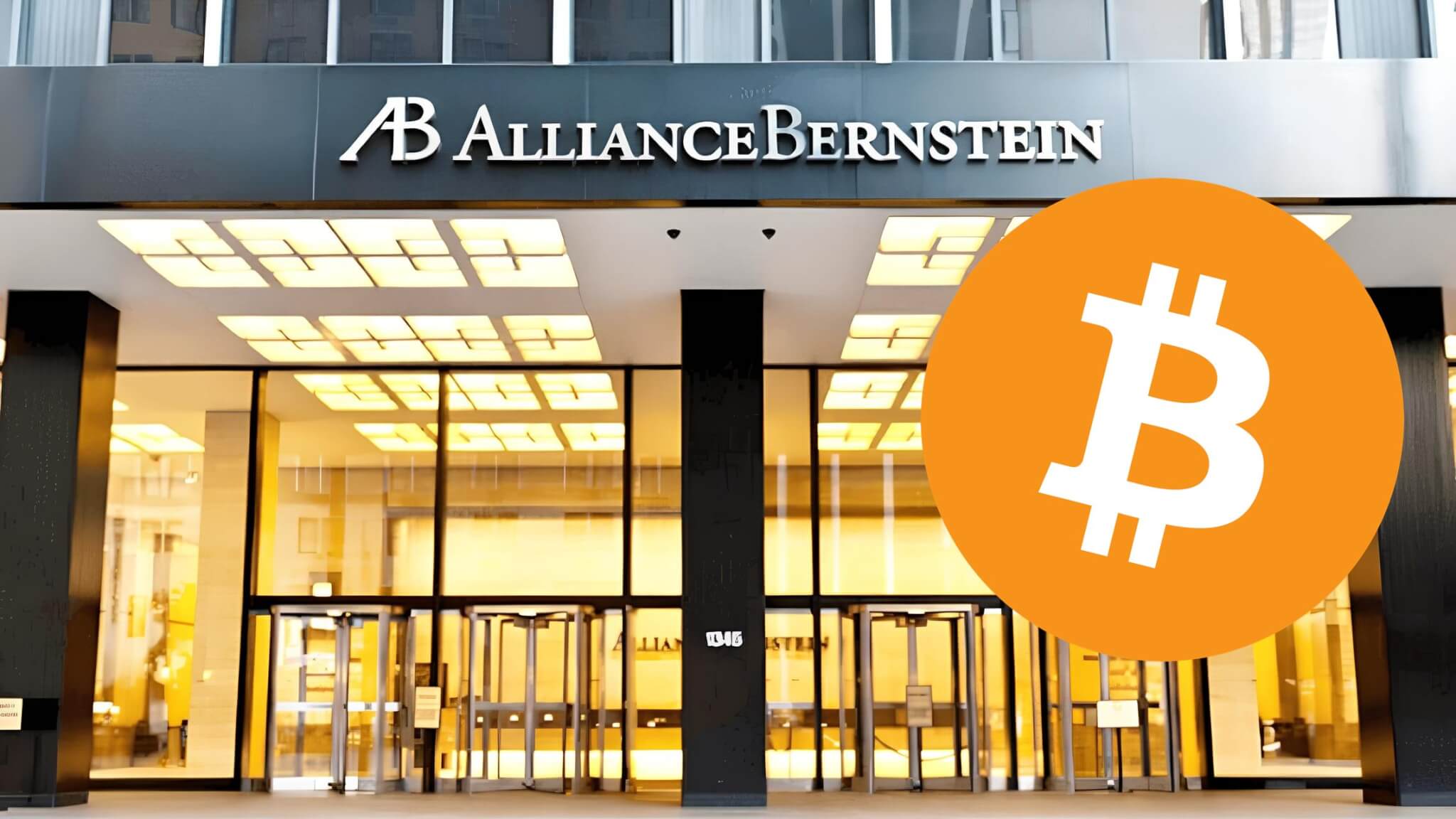Image source: Getty Images
During the first quarter of 2020, Covid-19 was starting to get serious. The escalations related to pandemic lockdowns caused a stock market crash during February and March that year. At that time, the extent of the drop caused some long-term investors to snap up FTSE stocks. So if I had done the same in April 2020, here’s what I’d have now.
Assessing the return
I’m going to assume that I invested £5k in the iShares Core FTSE 100 (LSE:ISF) at the start of April 2020. The index tracker is the largest in the UK, with net assets of £11.2bn.
In the period between then and now, the tracker fund’s up 75%! So my £5k would currently be worth £8,750. This is in a period of around four and a half years, so even if I split the return up into an approximate annual figure, it’s easily in the double digits. Over the past year, the stock’s up 15%.
The fund tries to mimic the performance of the FTSE 100 benchmark. The largest stocks by market cap in the index will therefore be allocated the most money in the fund. Further, it currently has 100 holdings (which makes sense) and has a beta of 1. Beta’s a measure of sensitivity of a stock or fund movements in response to the index (in this case the FTSE 100). So as I’d expect, the beta of 1 means the fund moves perfectly in tandem with the FTSE 100.
The other side of the coin
My unrealised profit from buying the tracker fund looks juicy. Yet there are arguments both for and against making this move. On the one hand, the fund provides me with complete diversification. During the market crash, it could have been difficult to figure out which specific stocks to buy. So buying the tracker to replicate the whole index was a safer choice.
However, my returns could have been larger if I’d been an active stock picker. For example, I could have seen how beaten down the Rolls-Royce share price was, as the civil aerospace division struggled to generate business. If I had purchased just Rolls-Royce shares in April 2020, I’d be up over 600%!
This might be an extreme example, but when I look at other stocks that are in the leisure, travel, tourism and similar sectors, there are plenty of other cases of large gains. Granted, these would have been higher risk investments at the time. But I still could have diversified some of my risk via holding a range of ideas from these different sectors. Also, the companies in question are large-cap names, so we’re not talking about small firms.
My key takeaways
The gains from the tracker show that over time, the stock market does recover from a crash. It highlights to me that even though it serves a good purpose, I’m not going to invest now in the iShares Core FTSE 100. Rather, I’m going to continue buying specific stocks that I think can outperform the index in general.
Credit: Source link













